Rainbow sharks are known to be aggressive and territorial, especially in captivity. They may pick on bottom-dwelling fish, such as cichlids and catfish, and may nip at long-finned fish.
They are compatible with certain tank mates like barbs and rainbowfish, but caution should be taken when choosing tank mates to ensure the safety and well-being of all the fish in the aquarium. In the wild, rainbow sharks are passive and do not display aggressive behavior towards other fish.
However, in a confined tank environment, they may exhibit territorial tendencies. It is important to provide enough space in the tank to minimize aggression and provide hiding places for the fish.
Table of Contents
Reasons Behind The Aggressive Behavior
Rainbow sharks are known for their aggressive behavior, and there are several reasons behind this. One key factor is their territorial nature, as they are known to defend their space fiercely. Competition for resources, such as food and hiding spots, can also trigger aggression in rainbow sharks.
In the wild, they are more passive and do not bully other fish. However, in captivity, their aggressive and territorial tendencies may become more pronounced, especially if the tank is too small for them. It is important to carefully choose tank mates for rainbow sharks, avoiding long-finned fish and bottom-dwelling species that they may pick on.
Additionally, providing ample hiding spots and ensuring that there is enough space for each fish can help minimize aggression in rainbow sharks.
Aggressive Behavior Towards Other Fish Species
Rainbow sharks, true to their name, can be quite aggressive towards other fish species. One particular behavior they exhibit is targeting fish with similar body shapes. This aggression extends to Siamese Algae Eaters as well, leading to potential attacks. While rainbow sharks may be passive in the wild, they tend to display territorial tendencies in captivity, especially if their tank is too small.
It is important to carefully choose tank mates for rainbow sharks to avoid conflicts. Compatible fish species include barbs, rainbowfish, danios, loaches, plecos, rasboras, and gouramis. However, it is recommended to avoid keeping them with bottom-dwelling fish like cichlids and catfish, as well as long-finned fish such as freshwater angelfish.
Additionally, it is worth noting that rainbow sharks have a natural instinct to eat fry and eggs, so caution should be exercised when introducing them to tanks with smaller species.
Rainbow Shark Tank Mates And Compatibility
Rainbow sharks are compatible with barbs and rainbowfish, upper- and middle-tank dwellers. Danios, loaches, plecos, rasboras, and gouramis are also suitable companions. However, there is a potential risk to fry and eggs in the tank, as the rainbow shark may eat them.
It is important to consider the temperament and aggression of rainbow sharks when choosing tank mates. Avoid pairing them with bottom-dwelling fish like cichlids and catfish. Long-finned fish, such as freshwater angelfish, may also be targeted by the rainbow shark.
It is recommended to provide enough space in the tank to prevent aggressive behavior. Keeping GloFish sharks alongside other GloFish Tetras, Danios, and Barbs is possible, but aggression should be monitored. Overall, careful consideration of tank mates is necessary to ensure compatibility with rainbow sharks.
Frequently Asked Questions Of Rainbow Shark Aggressive
What Sharks Can Live With Rainbow Sharks?
Rainbow sharks can live with barbs, rainbowfish, danios, loaches, plecos, rasboras, and gouramis. They can also be housed with some species of larger freshwater shrimp.
Do Rainbow Sharks Get Along With Other Fish?
Rainbow sharks can be aggressive towards certain fish, including bottom-dwelling fish like cichlids and catfish. It is also best to avoid keeping them with long-finned fish like angelfish. They are compatible with barbs, rainbowfish, danios, loaches, plecos, rasboras, gouramis, and some larger freshwater shrimp species.
Are Glofish Sharks Aggressive?
GloFish sharks can be semi-aggressive and should ideally be kept alone in an aquarium. They can coexist with other GloFish Tetras, Danios, and Barbs, but our GloFish Barbs may become aggressive if not kept in groups of five or more.
What Is The Temperament Of A Rainbow Shark?
Rainbow sharks can be aggressive and territorial, especially if the tank is too small.
Conclusion
Rainbow sharks are known for their beautiful colors and vibrant appearance, but they also have a reputation for being aggressive. While they may be peaceful in the wild, in captivity they can exhibit territorial and aggressive behaviors, especially if they are not provided with enough space in the tank.
This aggression can manifest in chasing and nipping at other fish in the tank, particularly those with long fins or those that inhabit the bottom of the tank. To ensure harmony in your aquarium, it is important to carefully select tank mates for your rainbow shark.
Barbs, rainbowfish, danios, plecos, and gouramis are some species that can coexist peacefully with rainbow sharks. It is crucial to avoid bottom-dwelling fish like cichlids and catfish, as they may become targets of aggression. Rainbow sharks are a stunning addition to any aquarium, but it is essential to provide them with the appropriate tank size and appropriate tank mates to create a harmonious environment.
Understanding their aggressive tendencies and taking appropriate measures will ensure a peaceful and enjoyable aquatic experience.
I am a passionate aquarist with over 30 years of hands-on experience in fishkeeping. My journey began at a young age, collecting fish from the wild and learning through experimentation. Specializing in tropical fish, I bring a deep understanding of the hobby to FishKeepingMadeSimple. The site provides honest, detailed reviews of essential products and accessories to help fellow enthusiasts create the best environments for their fish.

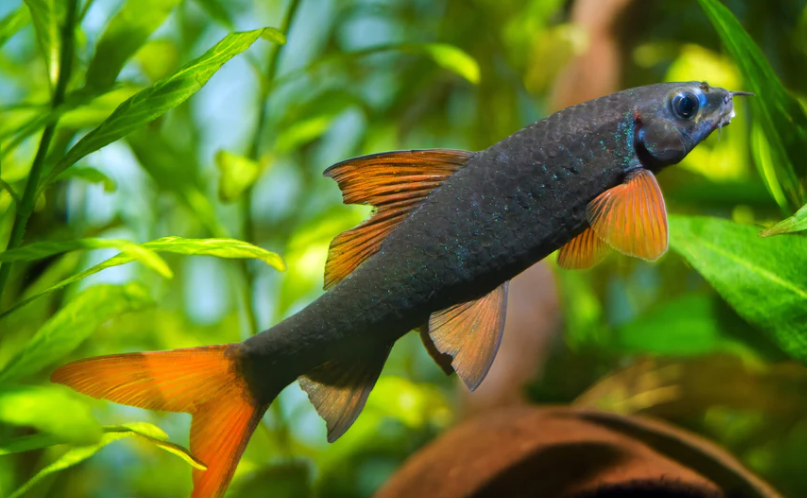
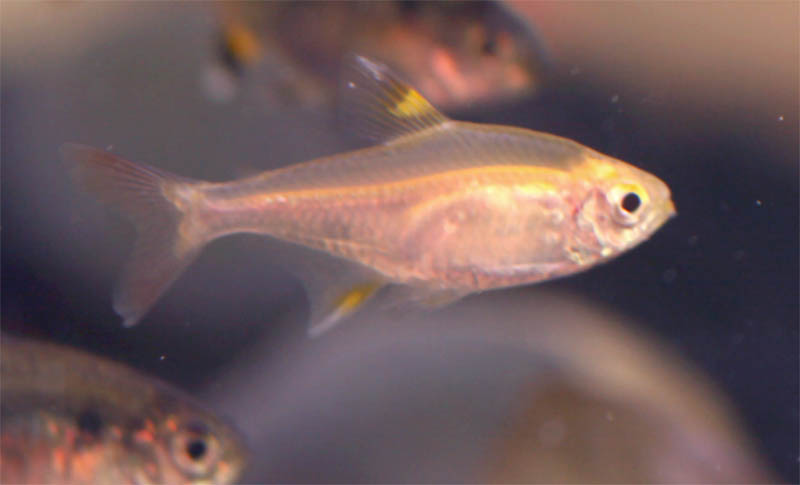
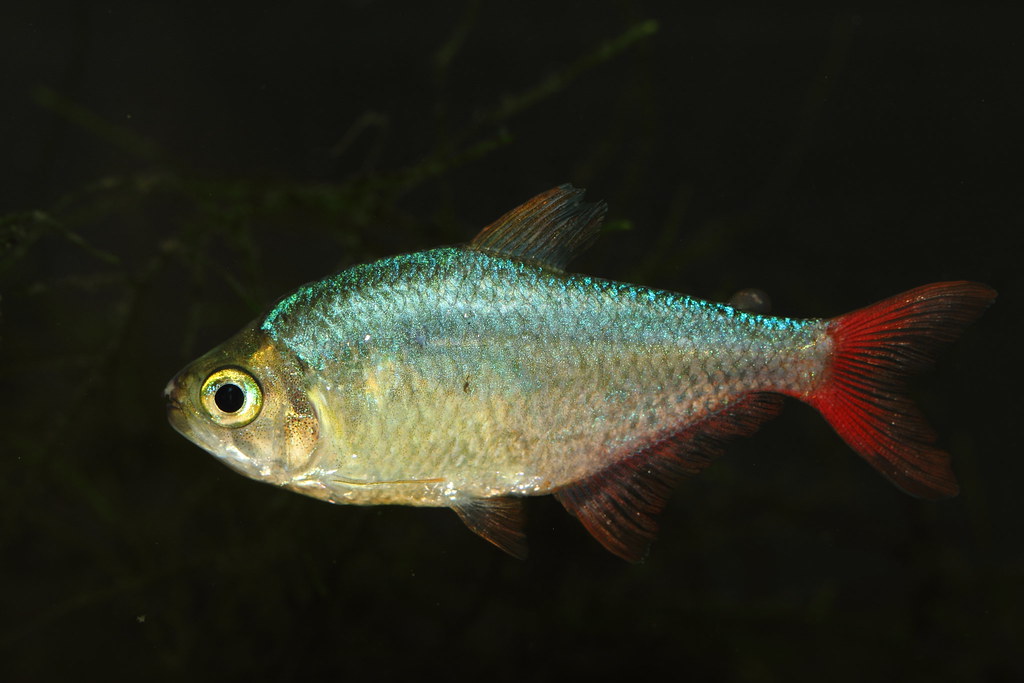
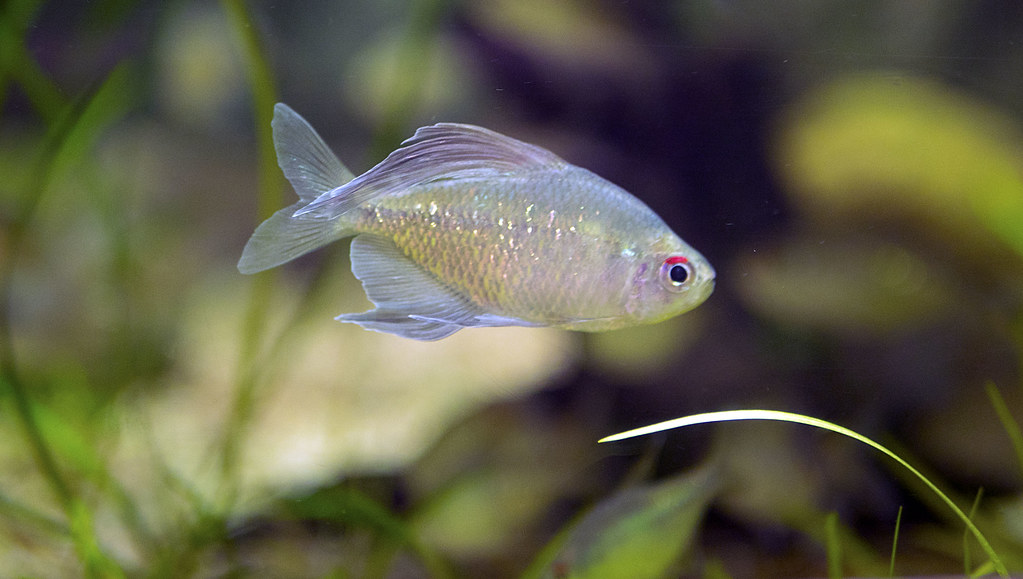
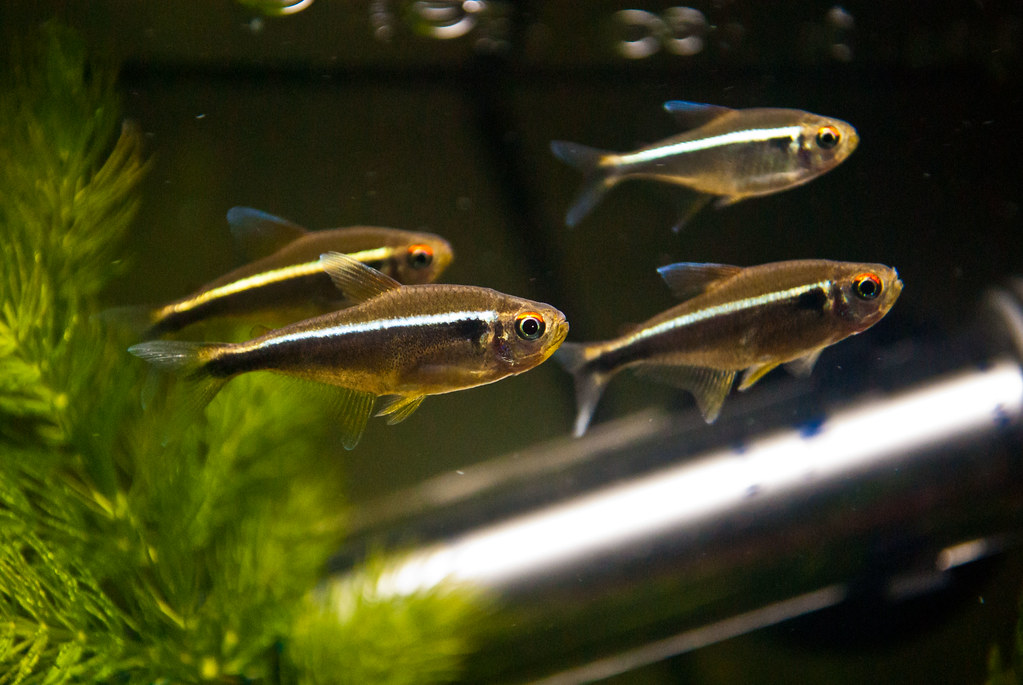
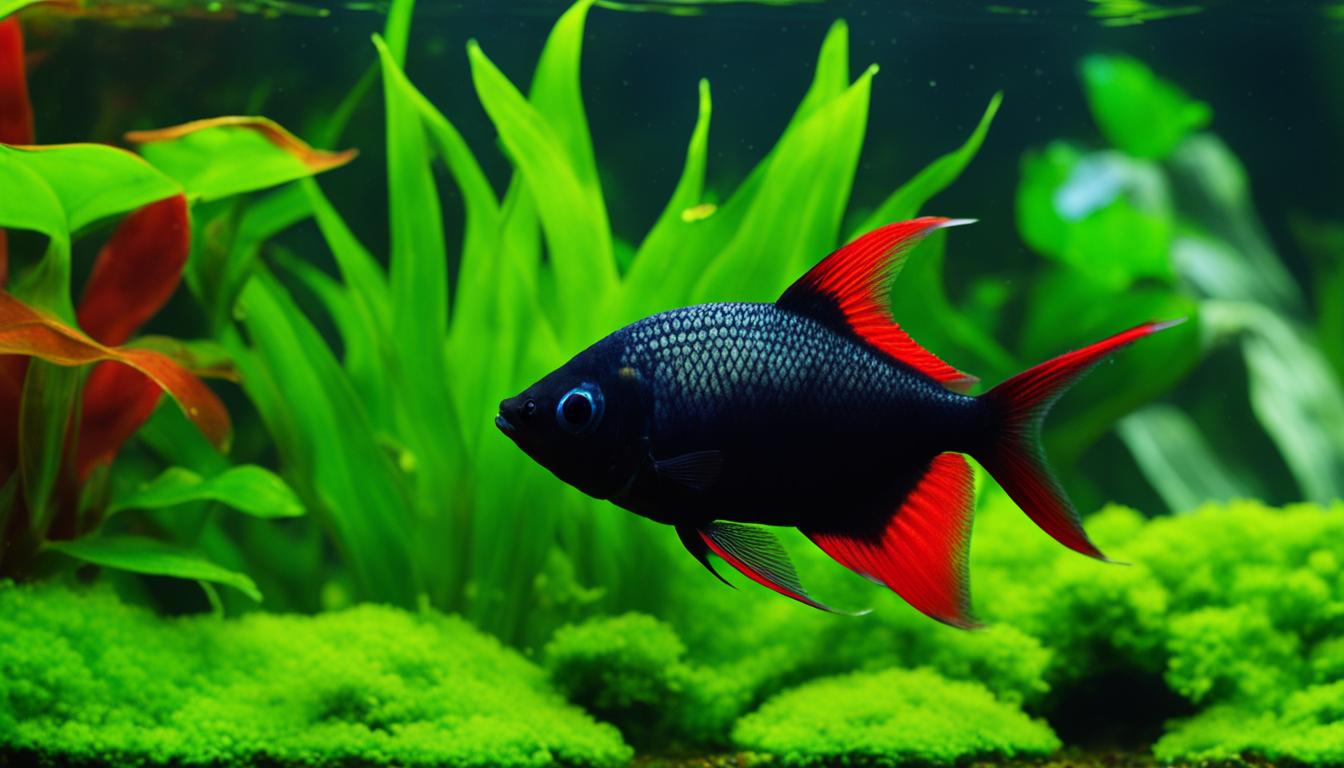



[…] Rainbow sharks can be aggressive towards one another, especially if they are of the same gender or similar size. It’s generally recommended to keep only one rainbow shark per tank to prevent territorial disputes and aggression. […]